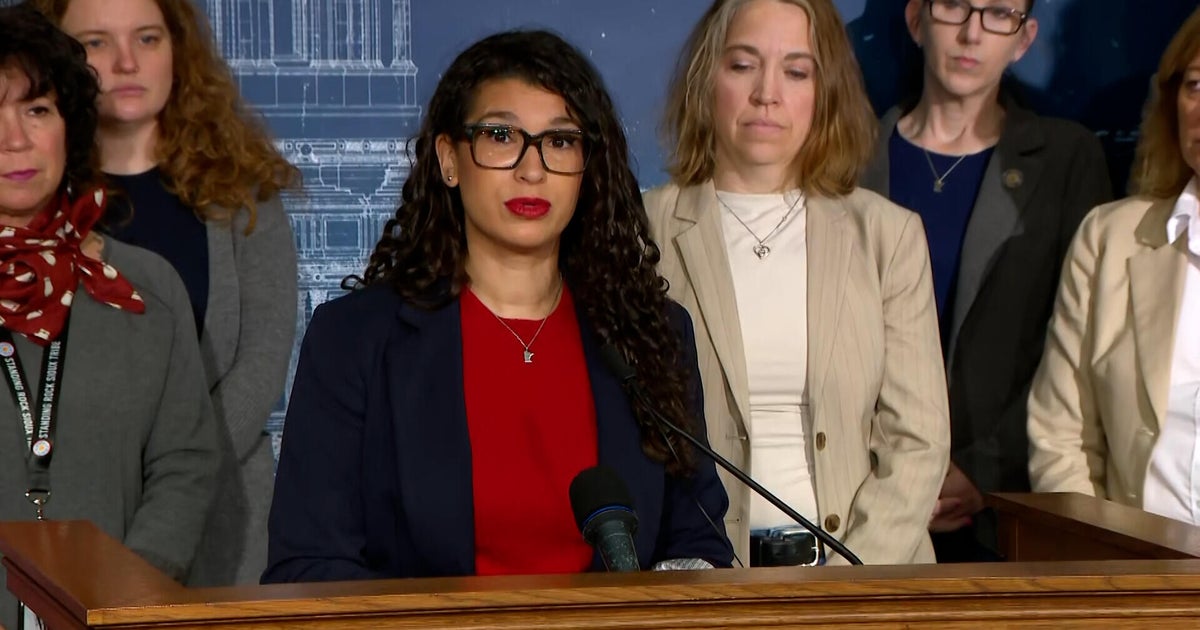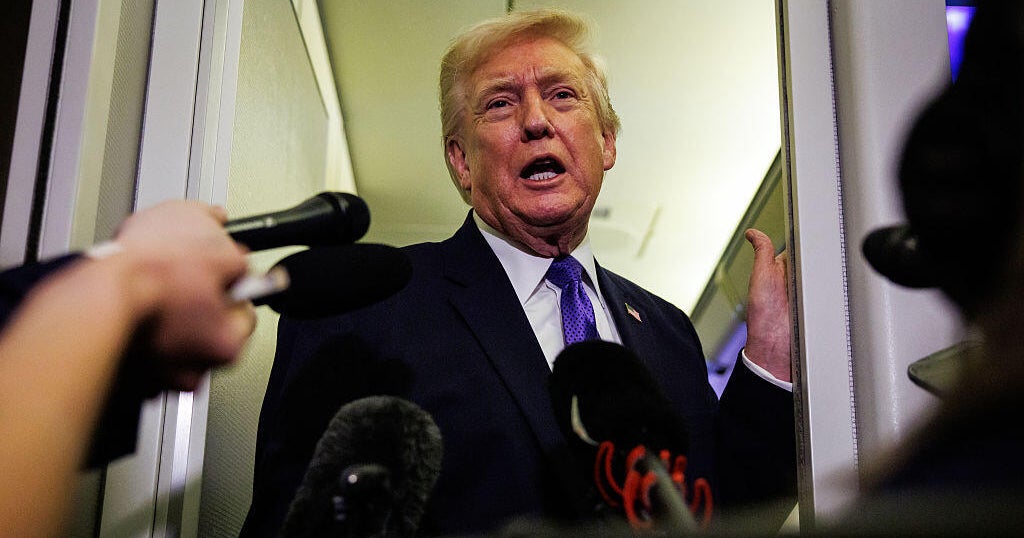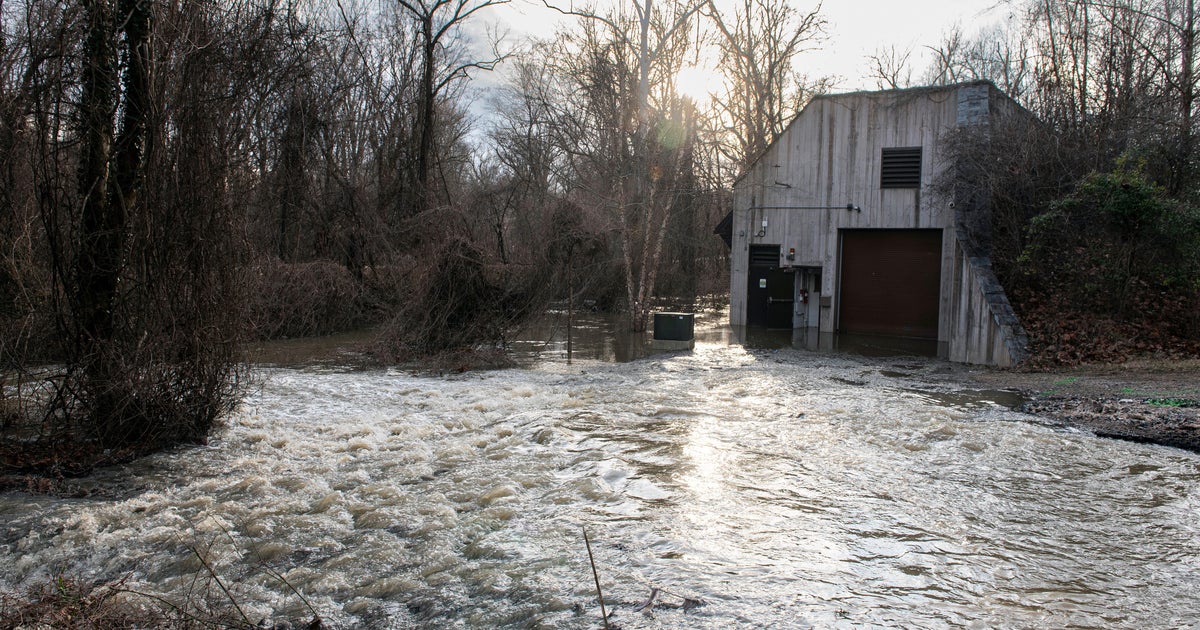Minnesotans React To Public Health Emergency Over Opioids
MINNEAPOLIS (WCCO) -- President Donald Trump on Thursday declared a public health emergency to combat rising opioid abuse.
"We can be the generation that ends the opioid epidemic. We can do it," President Trump said.
The move lets states shift federal dollars to drug treatment and prevention. But it stops short of putting new money toward dealing with the crisis.
In Minnesota alone, 376 people died from opioid overdoses last year. Nearly half of them from painkiller, and more than one-third from heroin.
Local reaction to Trump's decision ranges from praise to outright criticism. The sharpest critique is coming from the State Commissioner of Health Dr. Ed Ehlinger, who said the president's proposal does not appear to "provide the right mix of funding and resources to have a significant and lasting impact."
President Trump's proposal calls for better training for prescribers and a massive advertising campaign aimed at prevention.
"We are going to overcome addiction in America," Trump said.
Among those attending the president's announcement: U.S. Senator Amy Klobuchar.
"I think it's really important that the President of the United States acknowledge the gravity of this epidemic and he did do that," Klobuchar said.
But Klobuchar, who has sponsored anti-opioid bills including requiring a federal registry for prescriptions, says she would like to have heard more specifics, including new funding.
"I always believe actions speak louder than words. What matters to me is what he does over the next few months," Klobuchar said.
Lexi Reed Holtum, who lost her fiance to a drug overdose and helped found the Steve Rummler Hope Network, also would have liked to see the President promise more federal dollars.
"Statistically if we don't allocate the appropriate funds and resources to fight the crisis, we are looking at by 2023, 90,000 deaths minimum," Holtum said.
But Republican State Representative Dave Baker, who lost his son Dan to a drug overdose, is praising the President.
"I am happy that the proclamation has now been made. I am hoping the funding will come later," Baker said.
Senator Al Franken Thursday afternoon came out with a statement, expressing his disappointment at the lack of new funding in the President's plan. Sen. Franken also announced he is sponsoring legislation that calls for spending $45 billion over 10 years on both combating the crisis and on research.
Gov. Mark Dayton on Thursday announced a proposal that would require drug companies to donate a penny for each opioid pill prescribed in Minnesota to a fund that would fight opioid abuse. That bill would have to be approved by the legislature.







